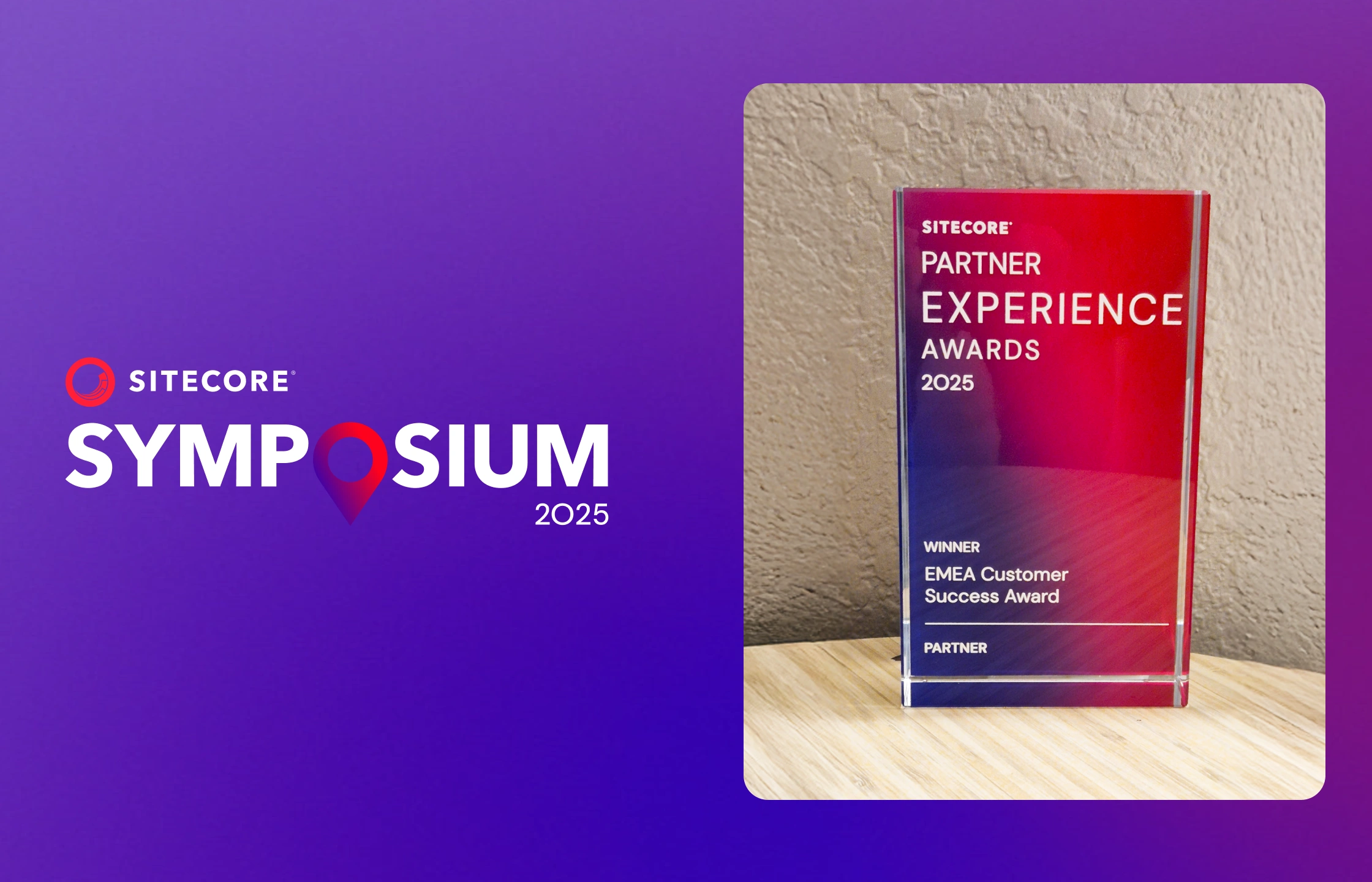Structured Markup Usage
According to the latest Searchmetrics results, over 36% of Google’s search results include “at least one snippet with information derived from Schema.org.”
Despite such prevalence of rich snippets in Google’s search results, only about 0.3% of all domains are using the markup code on their websites. This number is very low considering the positive effect rich snippets have on the click through rate (CTR) in search engine results (SERPs). Snippets that expand beyond the standard format and provide additional information to searchers really stand out. These results attract more clicks - even those results in lower positions.
Few University Websites Using Structured Markup
At UNRVLD, our expertise covers many industries and sectors, but one of the biggest sectors for us at the moment is education. We have recently launched a new website for one of the most popular universities in the country where schema.org structured markup has been integrated throughout. Following the launch of this website, we carried out a study to find out how many .ac.uk domains are using structured data.
Using Google’s Structured Data Testing Tool, we analysed hundreds of thousands of pages from websites of the top 100 UK universities to determine whether schema.org data could be found. To do this effectively, we had to use the HTML tab within the tool to copy and paste source code from all tested pages because Google Structured Data Testing Tool does not download source code from a URL and instead uses cached version of that URL (which means recent updates would not be visible.)
The following content types currently supported by Google for rich snippets were checked:
- Reviews
- People
- Products
- Business and organizations
- Events
- Video
Surprisingly, we found that the traditional “large universities” are less likely to use Schema markup. universities that take advantage of the rich snippet opportunity tend to be further down the league table, which can probably be explained by the fact that they are more organised in their online marketing efforts.
14% of the UK university websites we surveyed use structured markup for at least one content type. As little as 5% of those websites are using it for two content types.
Top 100 UK Universities, Structured Markup Usage


Google has supported structured markup for almost five years. It recognises markup content and uses it to improve search results with rich snippets. Rich snippets were introduced in 2009 to improve the presentation of search results. Originally used to describe people or provide reviews, rich snippets have since expanded to new kinds of content including products, events, recipes, businesses and organisations, music and more.
Although there are strong case studies that demonstrate how the integration of schema.org markup has a positive effect on a domain’s rankings, Google has always said that it does not use markup for ranking purposes. This improvement in rankings is probably down search engines finding it easier to understand content that is wrapped up in the structured markup. The markup enables Google or Bing to instantly tell whether the content of a website is about a person, a movie, a restaurant, etc.
Structured Markup Usage
According to the latest Searchmetrics results, over 36% of Google’s search results include “at least one snippet with information derived from Schema.org.”
Despite such prevalence of rich snippets in Google’s search results, only about 0.3% of all domains are using the markup code on their websites. This number is very low considering the positive effect rich snippets have on the click through rate (CTR) in search engine results (SERPs). Snippets that expand beyond the standard format and provide additional information to searchers really stand out. These results attract more clicks - even those results in lower positions.
Most Popular Schema.org Types Found on Top 100 UK University Websites
If you look at the results of the our study, the following schema.org integration-types appear most frequently on UK university websites:

The Businesses & Organisations content type is clearly at the top with 42% of UK universities that we surveyed using it. Person content lies in second place with 23% usage. Interestingly, Events and Reviews - covering open days and the evaluation of quality of education - are not at the top, even though they could be included on most pages of a university website.
Top 3 UK Universities By Schema.org Structured Markup Usage
So, which university website follows the latest web standards and search marketing trends?
According to our study, first place goes to the Leeds Metropolitan University, whose efforts to integrate structured markup cover almost every content type currently supported by Google. Second place goes to Heriot-Watt University and followed by the University of Lincoln in third place.
Conclusion
It is surprising that almost no universities from the top 100 in the UK use schema.org markup on their websites, especially when considering the positive effect that rich snippets have on the click through rate (CTR) in search engine results (SERPs).
Search engines are a prime source of information for most students and their parents. Implementing schema.org would most definitely improve visibility and the quality of information presented to users at the early stages of their search.
We know how challenging it can be to implement structured markup site wide as different elements of content are often stored in different systems. This also includes technical responsibilities, which are often split between many teams. The process can be managed and still relatively small in terms of efforts required, especially when compared with the marketing efforts and the budgets that universities spend on paid advertising and enrolment of new students.
If you would like to know more about schema.org structured markup and how it could improve visibility of your university in search engine results please contact a member of our visibility team who will happily provide you with an audit and actionable recommendations.

